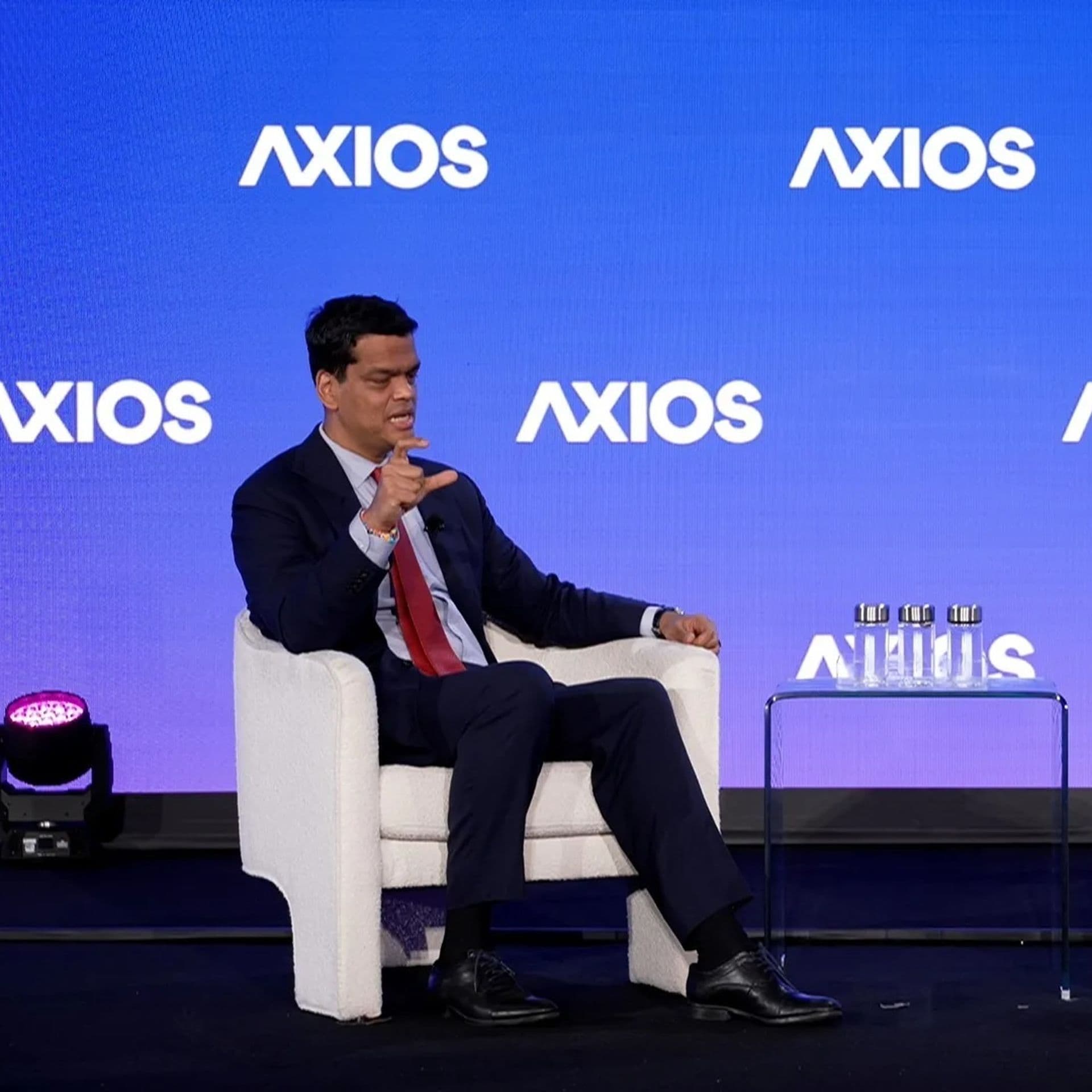White House AI Advisor Sriram Krishnan: US Must Win AI Race Against China to Avoid 'Catastrophic Consequences'

Sriram Krishnan, Senior Policy Advisor for Artificial Intelligence at the White House Office of Science and Technology Policy, recently emphasized the critical importance of the United States winning the global AI race against China. Speaking on the Shawn Ryan Show in a five-hour interview, Krishnan stated, "If we don’t win the AI race with China, the consequences are catastrophic." His remarks highlight a pressing national security and economic imperative for the current administration.
Krishnan, an entrepreneur and venture capitalist with a background at tech giants like Microsoft, Facebook, and Twitter, outlined his role in shaping America's AI action plan. Appointed by President-elect Donald Trump in December 2024, he is tasked with advancing U.S. dominance in AI amid intense global competition. The advisor detailed diplomatic efforts, including AI delegations to Paris and the Middle East, advocating for the global adoption of the U.S. AI tech stack.
A key focus of the administration's strategy, according to Krishnan, is combating "woke AI" through a recent executive order aimed at ensuring AI models are "truth-seeking" and free from ideological bias. He cited instances where AI models generated historically inaccurate images, such as a "black George Washington," as examples of accidental ideological insertion. Krishnan stressed the need for transparency in AI algorithms to prevent deliberate or inadvertent manipulation of information.
The advisor also addressed the contentious issue of open-source AI, a practice he champions for fostering innovation and safety. He criticized previous attempts to ban open-source AI, which he believes were based on a "mistaken belief" that it would aid China. Krishnan highlighted China's rapid advancements, including the "DeepSeek" open-source model, which he described as a "Sputnik moment," demonstrating China's ability to build highly competitive AI.
Regarding the chip race, Krishnan acknowledged China's progress but asserted the U.S. maintains a lead in high-performance GPUs and manufacturing capacity. He explained the administration's strategy to supply allies with American AI technology, including chips and models, to counter Chinese influence. For China, the approach involves providing older, less powerful chips under a licensing regime to prevent them from developing their own advanced alternatives and gaining market share.
Krishnan underscored that the AI race extends beyond technology to include energy infrastructure and talent development. He emphasized the need to accelerate domestic energy production, particularly nuclear power, and streamline regulations for data center construction to support AI's immense power demands. He warned that a Chinese victory in AI could lead to a world where Chinese technology dominates drug discovery, productivity, and critical decision-making processes globally.